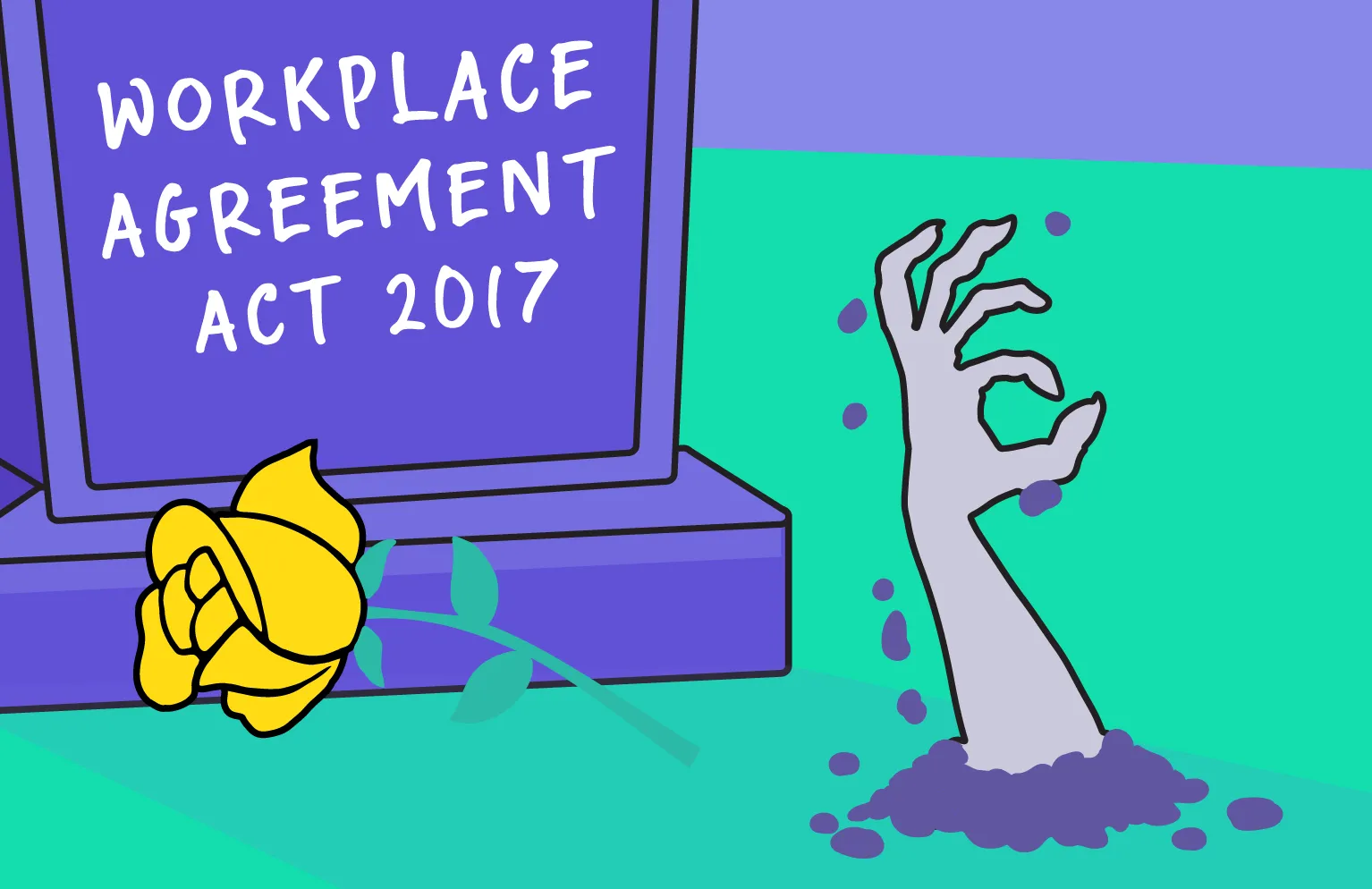Australian workforce compliance is complex. With 122 Modern Awards and thousands of business-negotiated instruments, there will always be challenges when it comes to ensuring pay compliance. Through working with some of Australia's largest employers on pay review and remediation projects, Yellow Canary has gained insights into the common warning signs to look out for when navigating pay and entitlement compliance.
1. Paying an annualised salary vs. modern awards entitlements
Change is constant in the industrial relations legislative environment, so it’s impossible to pay an employee a salary and use a set and forget approach (see our post as to why you can’t audit payroll as you go). For example, if an employee works overtime or should be receiving a higher duties allowance, the difference between what they were paid under their salary and what they otherwise should have been paid under the award can be minimal. This means that any buffer that an employer considered to have built-in for that employee is easily eaten into by the higher rates of pay due under the award.
2. Change in payroll system
Changing to a new payroll system is complicated, time consuming, and extremely hard to get right. The configuration of the new system is not always built with compliance in mind. Compliance issues can arise when pay codes don’t align between the systems and when there is a lack of understanding within the business as to the correct pay codes to apply under the new system. Underpayments can also be triggered if historical data isn’t transferred across correctly. Long Service Leave (LSL) needs the total history of entitled employees, and data migration on the transition project can cause issues with LSL calculations.
3. Employee self-claim systems
While employee self-claim systems may seem attractive to streamline and scale payroll processes, if they are not used correctly they can often result in errors that snowball to become a large underpayment. A self-claim system assumes that employees have sufficient knowledge of their entitlements. Which employee, or even manager, knows the difference between when a Sunday penalty should apply, or when a Sunday overtime should apply? Employees (and their managers) will often get this wrong and could therefore be either under or overpaid. The nature of a self-claim system also means there is a significant ability for individual inputs and manipulation, leading to unintended compliance consequences.
4. No recent classification review/growth by acquisition
Employees not being classified correctly is a key driver of underpayments of wages and salaries. An employee’s job title and their job duties regularly evolve, therefore if a classification review hasn’t been conducted recently, there is a high chance that employees aren’t classified correctly and therefore could be in a position where they are being underpaid. If a business is acquired, not only are there issues migrating or understanding the new systems, but the new employees could be undertaking different duties and therefore, their classification needs to be reviewed.
5. Call centre crisis
Employees that work in call centres have very different hours to the other employees in a business. Not only do they generally work hours outside the standard 9am – 5pm, these employees are also often called in on weekends, or asked to work longer hours during seasonal campaigns like Christmas or during elections. These scenarios can result in underpayments due to a variety of reasons, including employees triggering overtime or higher rates of pay because they do not get sufficient breaks between shifts, or on call rates applying or other shift penalties that may not be immediately obvious to the employer.
Despite employers generally having good intentions, from the 90 compliance reviews Yellow Canary has completed in the past 2 years, 100% of the projects found non-compliance. Employers are under more pressure than ever to do their compliance due diligence, which can be supported by completing monthly pay reviews, rather than waiting to do costly remediation projects when it’s too late down the track.
Yellow Canary's Always On Compliance platform enables employers to have compliance confidence via monthly automated pay reviews. We compare what was paid, to what should have been paid, providing actionable insights to maintain compliance. Get in touch to find out more.
* Yellow Canary content on this website is intended solely for the purpose of offering commentary and general knowledge. The content is not intended to constitute legal advice. You should seek legal or other professional advice before acting or relying on any of the content.





